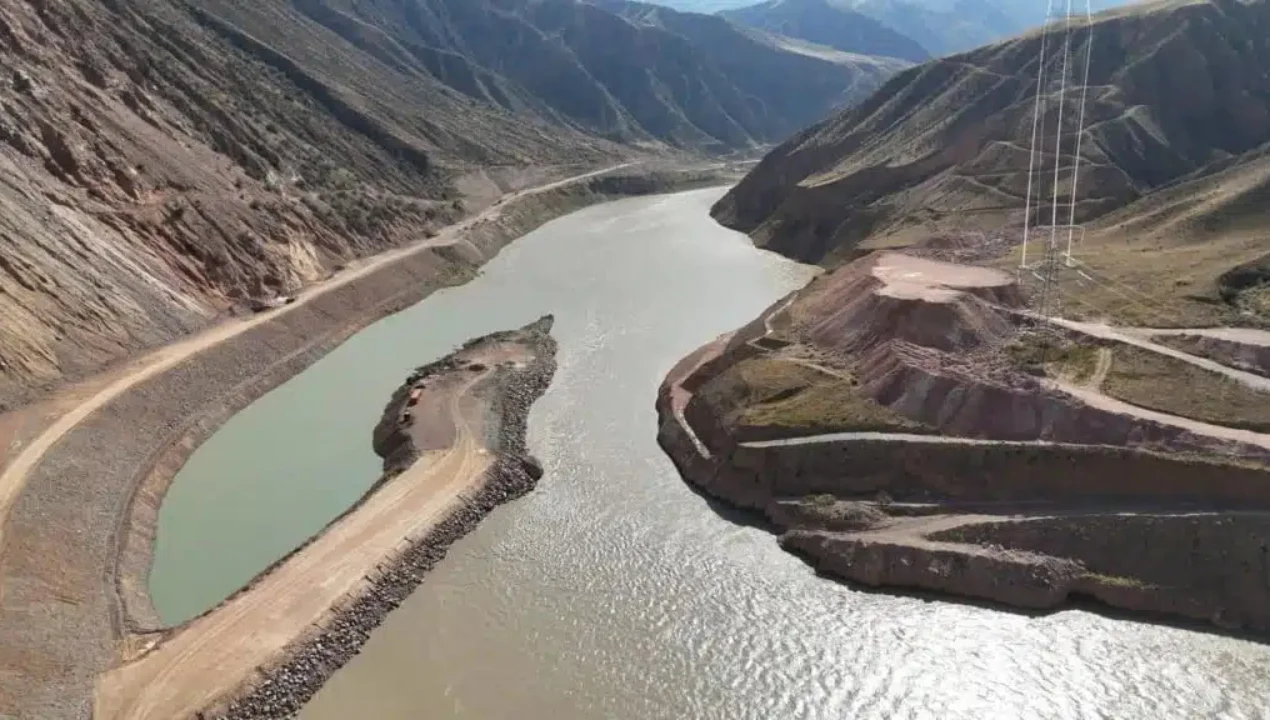Water security in Central Asia: Uzbekistan's initiatives and global recognition

The issue of rational water resource management in Central Asia is becoming increasingly relevant. The region's population is growing, climate change is having a negative impact, and agriculture and industry require new resources.
At the seventh Consultative Meeting of the Heads of State of Central Asia, President Shavkat Mirziyoyev identified the issue of water security as a strategic priority and put forward an initiative to declare 2026-2036 the "Decade of Practical Actions for the Rational Use of Water in Central Asia."
Noting the importance of involving Afghanistan in an active dialogue on issues of joint use of the Amu Darya basin, the head of our state emphasized that water distribution is a vital issue and can be resolved only through dialogue and cooperation.
The International Conference on Water Cooperation and Improvement of Legislation, held in Tashkent on November 17, serves these noble goals. This meeting, with the participation of leading international experts seeking solutions to water problems in Central Asia, in particular in Uzbekistan, the Asian Development Bank, the World Bank, the Swiss Development Agency, and a number of other donors, has become a platform for practical dialogue. The main attention was paid to the issues of economical and sustainable water management, rational use of transboundary rivers, modernization of irrigation infrastructure, and updating water policy, taking into account the needs of each country.
The main event of the conference was the presentation of the new Water Code of Uzbekistan. This legal document is significant because it takes the country's water policy to a completely new level. The Code comprehensively covers such issues as the fair use of water resources for all sectors, water use rights, mechanisms for regulating the sphere, protection of aquatic ecosystems, and the interconnected management of surface and groundwater. Foreign experts assessed this document as a "historic step." As they noted, the Water Code demonstrates the consistency of reforms in Uzbekistan and serves as an important organizational and legal basis for ensuring a safe future for water.
Indeed, in recent years, practical work on water resource management in Uzbekistan has been significantly strengthened. The introduction of water-saving technologies on more than 2 million hectares of land in the country, the adoption of the Water Sector Concept until 2030 and new state programs demonstrate the priority of this area.
As noted by UNDP Resident Representative Akiko Fujii, Uzbekistan's new NDC 3.0 strategy also defines water as a central pillar of climate policy.
"Currently, discussions are underway in Brazil within the framework of the 30th meeting of the Conference of the Parties to the UN Framework Convention on Climate Change, and I once again congratulate the government of Uzbekistan - the new NDC 3.0 (Nationally Determined Contribution) has been presented.
This demonstrates the government's firm commitment to firmly placing water issues at the center of climate policy and leading the world in this direction," said the UNDP Resident Representative in Uzbekistan.
Today, the opinions of international experts are unanimous: the new Water Code is a roadmap for the reform program for the coming decades. Experts from the Asian Development Bank, Januar Laude and Jeremy Bird, noted that the Code clearly defines areas from the definition of institutional powers to the improvement of user rights and obligations, as well as public-private partnership mechanisms. This will give investors confidence, the people a fair water supply, and the state a clear and transparent management.
Within the framework of the conference, such important initiatives as improving water supply, strengthening cross-border cooperation in the Amu Darya and Syr Darya basins, supporting the population of the Aral Sea region, and developing water education centers were discussed. In this regard, the plan to create a Regional Center for Water Management Competencies on the basis of the Tashkent Irrigation Institute has become a practical step towards becoming a scientific and innovative hub for solving the water problems of Central Asia.
Holding the conference in Uzbekistan will further strengthen the country's authority and initiative in the region. According to the meeting participants, Uzbekistan is not only a state actively continuing internal reforms, but also a responsible partner ready to solve transboundary water problems, open to international cooperation, and striving to ensure regional stability.
Read “Zamin” on Telegram!





















